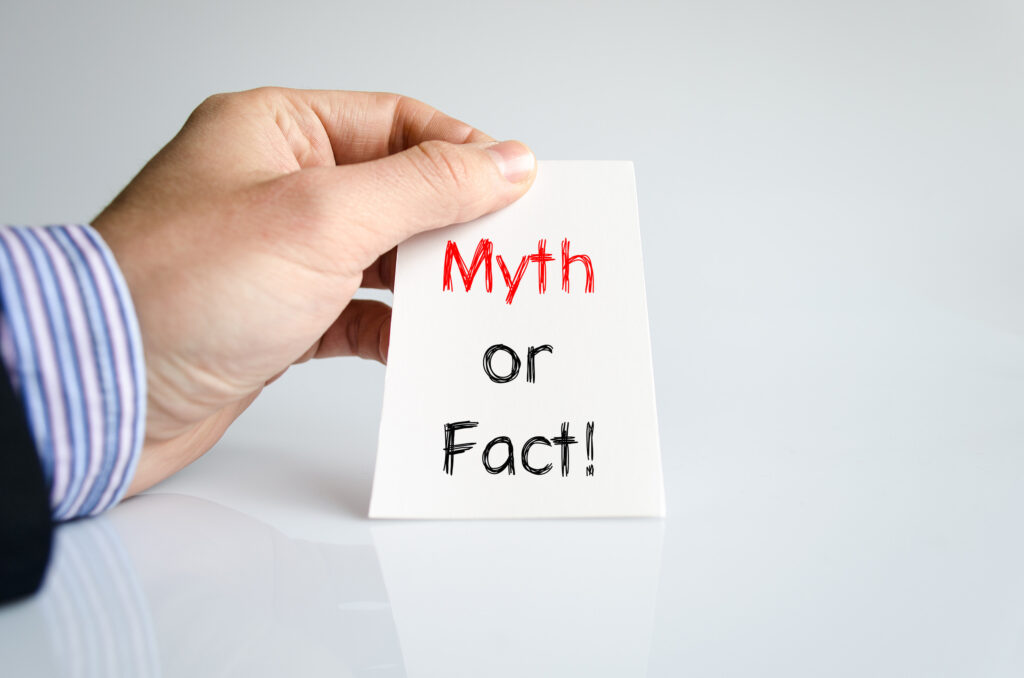
Author: Carol Pages, Pages Family Law.
When you and your ex-partner separate, how do you divide your property if one of you received a lump sum from your family during the relationship?
This is a common question in family law. Often, one spouse’s family helps financially by contributing money towards a house deposit, renovations, or other significant expenses.
The key issue is: was that money a loan or a gift?
The answer can make a big difference to your property settlement after separation.
Why the Difference Matters in Family Law Property Settlements
When you separate, one of the first steps in the property division process is to prepare a balance sheet. This lists:
- ● Assets: such as real estate, vehicles, bank accounts, and superannuation.
- ● Liabilities: such as mortgages, loans, and credit cards.
Together, these form the “asset pool” – the total value of property to be divided between you.
How the family contribution is treated (loan vs gift) affects whether it goes in the liabilities column or is counted as a contribution by one party.
If It’s a Loan
If the money from family is a loan, it’s included in the liabilities section of the balance sheet, just like a mortgage or personal loan.
In this case, as part of the property settlement:
- ● The loan may be repaid to the family member who lent the money, or
- ● One spouse may take over the debt as part of their settlement.
For example, if one spouse keeps the home, they may refinance the mortgage and the family loan into their own name so the other spouse has no further liability.
Evidence that money was a loan may include:
- ● A signed loan agreement specifying repayment terms and interest
- ● Bank records showing repayments
- ● Evidence from the lender
- ● Consistent treatment of loans within the family (e.g. other siblings also repaying similar advances)
If It’s a Gift
If the money was a gift, the court looks at whether it was intended to benefit just one party or both parties.
Often, parents intend to benefit only their child. In other cases, the gift is for the couple as a whole.
In a gift scenario, the amount becomes part of the contributions assessment – where the court considers all:
- ● Financial contributions (income, lump sums, assets)
- ● Non-financial contributions (renovations, homemaking, unpaid work)
- ● Contributions to the welfare of the family
The gift is just one factor among many, rather than being repaid like a loan.
How the Law Decides Loan vs Gift
Courts look closely at evidence when deciding whether money was a loan or a gift.
Where there is no written evidence of a loan, the court may consider the funds a contribution made on behalf of the spouse whose family provided the money – unless there is proof it was intended for both parties.
What You Should Do
If your family is advancing money – whether for a property deposit, renovations, or other large expenses – it’s important to document the intention clearly at the time.
- ● For loans: have a professionally prepared loan agreement.
- ● For gifts: clearly record whether they are for one spouse or both.
If you are already separated and this is a point of dispute, get legal advice before negotiations progress.
Need Advice on Property Settlements?
If you’re unsure whether a sum of money will be treated as a loan or a gift in your property settlement, our family law team can help you understand your rights and options.Contact us for confidential advice tailored to your situation.
_________________________________
The content of this article is provided for information purposes only and does not constitute legal advice. We recommend that you seek legal advice relevant to your own circumstances and we would be happy to assist you.
Carol Pages is the Principal of Pages Family Law and an Accredited Specialist in Family Law and a Nationally Accredited Mediator. If you would like advice about your own separation, please contact Pages Family Law at info@pagesfamilylaw.com.au or on 03 9121 8077 or book a 15 minute free discovery call via our website.




